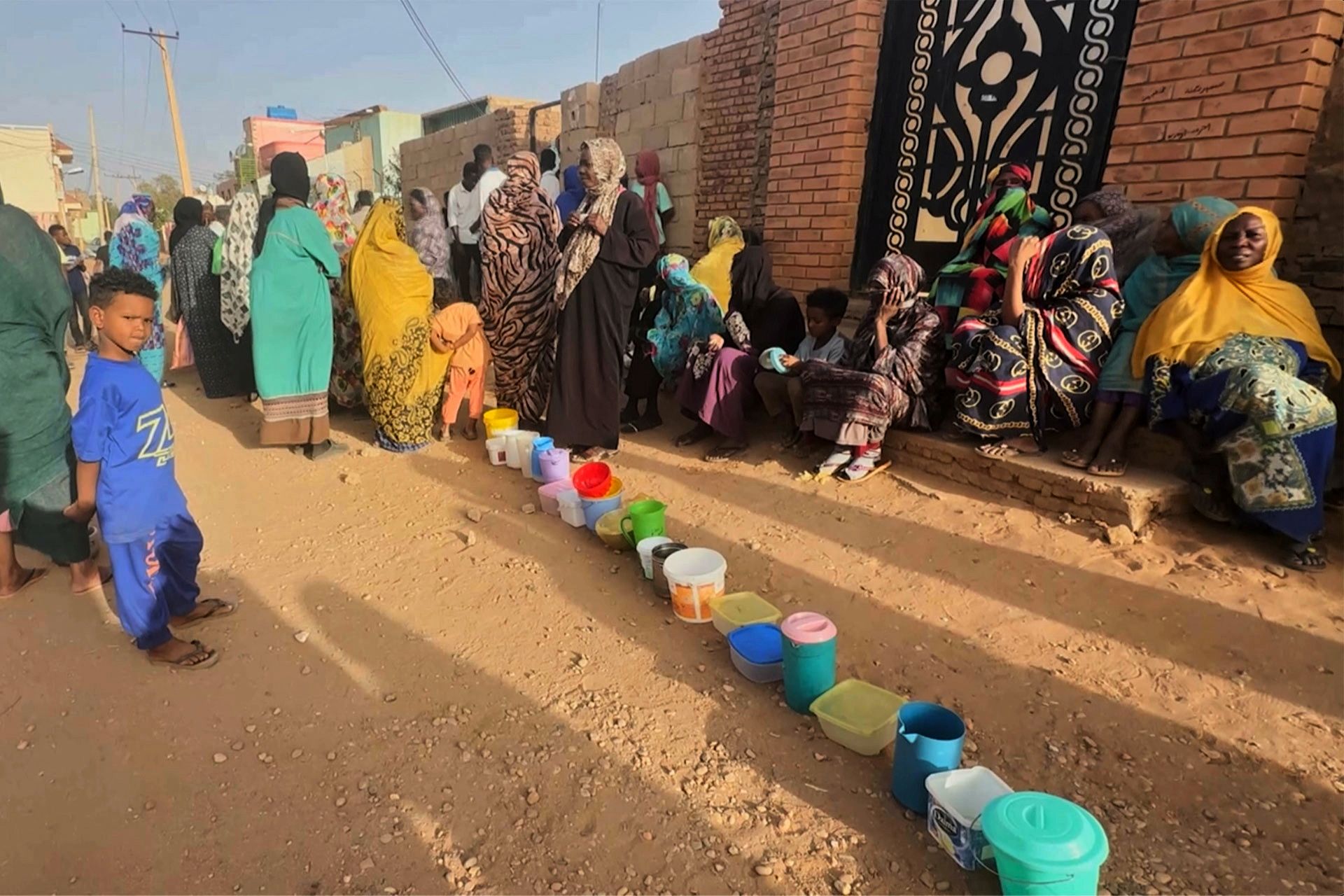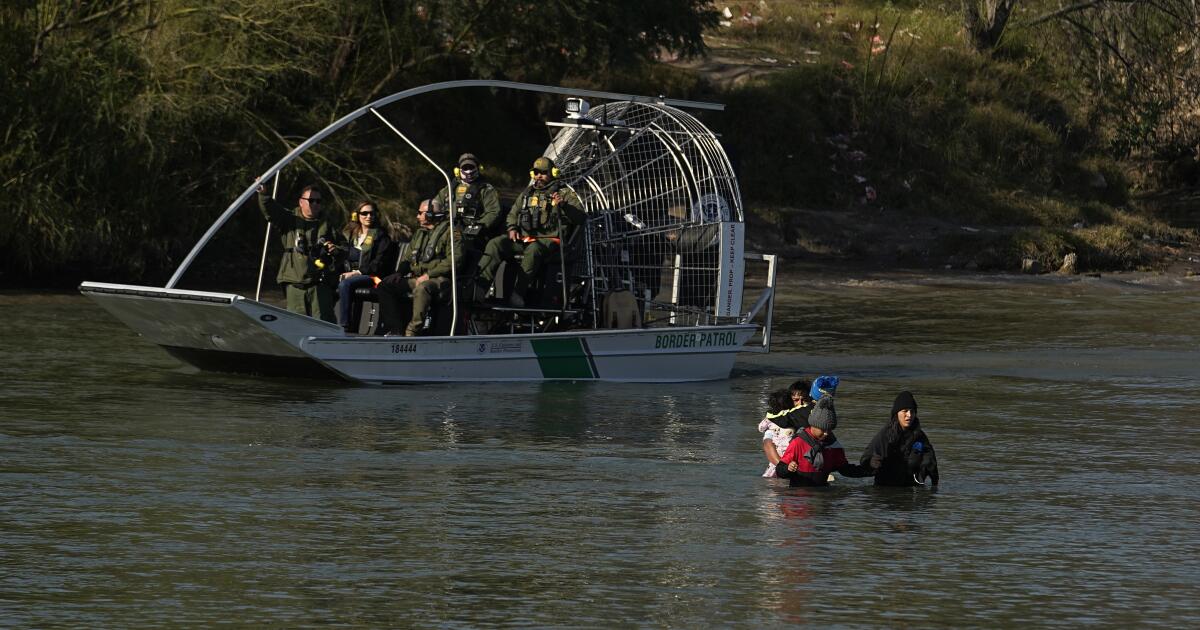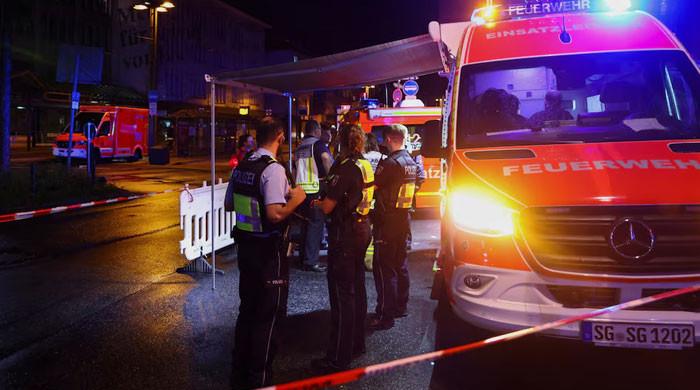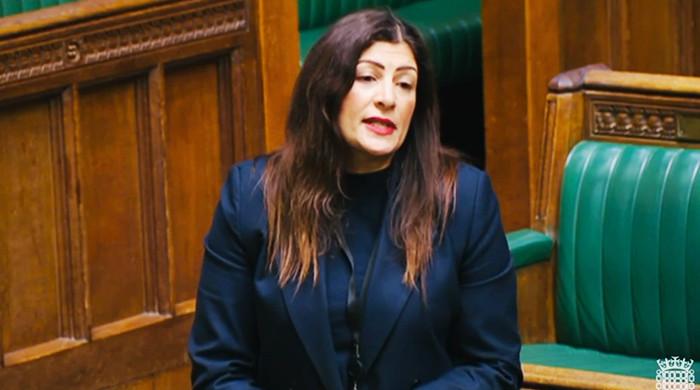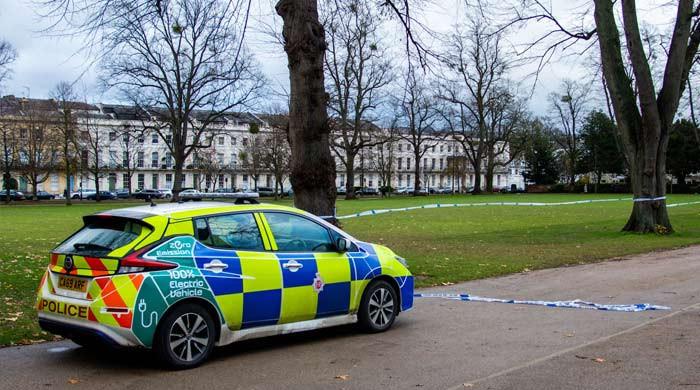The risk of a devastating famine is increasing exponentially in Sudan. According to a recent report by the United Nations Hunger Monitor, a “serious and rapid deterioration of the food security situation” over the past six months has brought the war-ravaged northeast African nation to the brink of an unimaginable catastrophe.
More than eight million people in 14 of Sudan’s 18 states are currently facing food shortages that could lead to acute malnutrition and death. Some 750,000 of them are at risk of immediate starvation. According to an analysis by Save the Children, some “16.4 million children, or three in four in the country, are now facing ‘crisis’, ‘emergency’ or ‘catastrophe’ levels of hunger, up from 8.3 million last December.”
Yet, despite the looming threat of an unprecedented humanitarian catastrophe, the international community, and especially the Western world, shows little interest in Sudan and its protracted conflict. Where are the headlines? Where are the protests? Where are the campaigns, the interventions and the demands for accountability?
Sudan's years-long conflict has internally displaced nearly 10 million people, killed tens of thousands and left millions hungry, traumatized and with little hope for the future. In Sudan, every day is a tragedy, but the world seems to pay no attention.
While undoubtedly damaging and frustrating, the apparent disinterest of the Western-led international community in the Sudan crisis is not surprising. Time and again we have seen the West and its leaders briefly “concerned” with a crisis in Africa or the Middle East, only to forget about it altogether only when another crisis or event – perceived as more important, relevant to national interests or merely interesting – emerges elsewhere and captures the attention of the media, politicians and the masses.
In fact, Sudan is not the only forgotten crisis of our time.
Syria, for example, is still in a terrible crisis, with millions of displaced people with no hope of returning home, living in terribly difficult conditions in Syria and abroad, but the world has moved on from the Syrian war and is no longer paying much attention to the tragedies that still affect the Syrian people today.
The people of the Democratic Republic of Congo (DRC) continue to be killed, maimed and displaced amid constant fighting between rebels and the military, but their suffering seems to be little more than a footnote on the Western agenda.
The ongoing atrocities in Gaza have received considerable attention from the international community since the beginning of the latest round of conflict for a variety of reasons, but now that the United States, France and the United Kingdom are turning their attention to their own elections and domestic politics, the war and humanitarian crisis in Gaza are also gradually being relegated to the background.
Crises in the Global South have always faced an uphill battle to gain global attention. Yet when the international community looks the other way, ignores or “forgets” a crisis or conflict in Sudan, Syria, Congo or elsewhere, that crisis does not go away – it gets worse. In fact, the lack of international scrutiny means that humanitarian needs and human rights abuses are allowed to escalate with impunity.
It is not too late to correct course. The international community can still do the right thing and expand its focus beyond one conflict, debate or issue at a time, and recognize that the world's many protracted conflicts and humanitarian crises have not disappeared because we have stopped paying attention to them.
Sudan, in particular, urgently needs global attention and action.
In early March, the World Food Programme issued its dire warning that the war in Sudan threatened to trigger “the world’s largest hunger crisis.” Four months later, the situation has worsened considerably and that “largest hunger crisis” is about to arrive.
We and our partners working in Sudan are seeing families left with no choice but to eat dirt and leaves to try to fight off looming famine. Parents are travelling across the country in search of work to support their children. No one knows for sure where their next meal will come from, if it ever comes.
Sudan will soon enter its main crop planting season, but with most of the population displaced and those left behind too hungry to work, the chances of a successful harvest are heartbreakingly low.
The world must acknowledge what is happening in Sudan and take urgent action to prevent further devastation of a people who have already suffered for far too long.
If we do not act now, the consequences – “the greatest hunger crisis of our time” – will be on our conscience. We cannot say that we did not know, only that we did not care.
The views expressed in this article are those of the author and do not necessarily reflect the editorial stance of Al Jazeera.

